INTERVIEWS
Soraya Bayuelo Castellar, and Italia Samudio Reyes
Interviewer: Greg Labrosse
Language of interview: Spanish
Country of practice: Colombia
Profession: Bayuelo is the pedagogical coordinator and Samudio the research coordinator of the collective Línea 21.
Soraya Bayuelo and Italia Samudio work for the collective Línea 21 and the Itinerant Museum of Memory and Identity El Mochuelo, located in the Montes de María region of Colombia. Bayuelo is a social communicator and cultural advocate, and the pedagogical coordinator of Línea 21. Samudio is an anthropologist and research coordinator of the same collective. Since 1994, Línea 21 has been amplifying the voices of rural communities affected by war. They have worked on journalistic and radio projects and created the Audiovisual Festival of the Montes de María.
During our interview, Bayuelo and Samudio tell us about how this project has helped collect community stories during decades. They explain how their work is centred on empathetic listening of survivors, the fostering of community dialogue, and the promotion of public and political voices from this territory. As a result, they have created audiovisual schools and programs, collaborated with several women collectives, and developed the Itinerant Museum of Memory and Identity El Mochuelo.
According to Bayuelo and Samudio, one of the main achievements of the collective has been to build trust within the communities, to support them in their fight for dignity and respect. For Bayuelo and Samudio, governmental programs of restorative justice, such as the Truth Commission, are disconnected from the territory and its people; they disregard any proper consultation with communities, perpetuate hierarchical relations, and easily amplify the voices of the offenders. As a response, they developed the Mochuelo, a platform to honour the community voices and foster dialogue in these territories. Under three principles of design: (1) respect for the privacy of the victims; (2) the need to create spaces that enable the telling of intimate stories; (3) the need to travel to different territories, they generated a space that works to humanise the survivors’ narratives and foster self-recognition and civic engagement
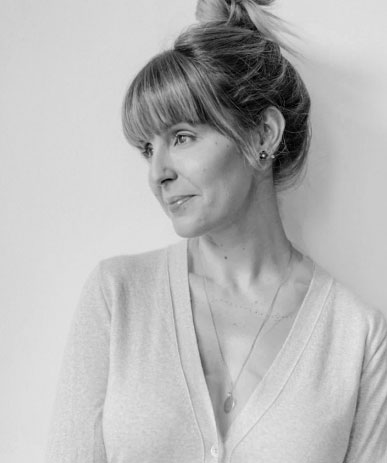
is an author, speaker, columnist, and podcaster in the fields of architecture and decorative arts. She is completing her MA in Art History at Concordia University, Montréal, and holds a Bachelor of Commerce with a major in Marketing from John Molson School of Business. She studied Industrial Psychology in Los Angeles, California. Sicotte is the author of two published books on design (2015, 2018) published by Les Éditions Cardinal.
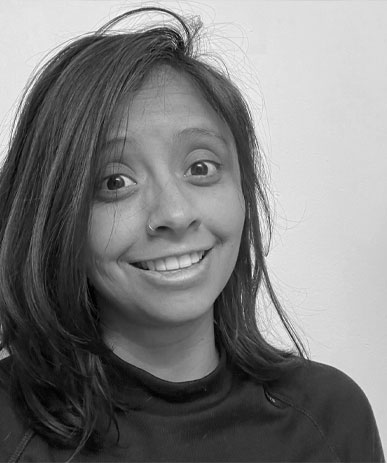
is a Colombian PhD candidate in the Department of Art History at Concordia University. She has a background in architectural design and community activism and holds a master’s degree in Building and Urban Design from the Bartlett School of Architecture in London, England. Her interests focus on socially-engaged art, social movements, collaborative activism in post-conflict scenarios, collectively-produced art, and art produced in relation to the built environment.
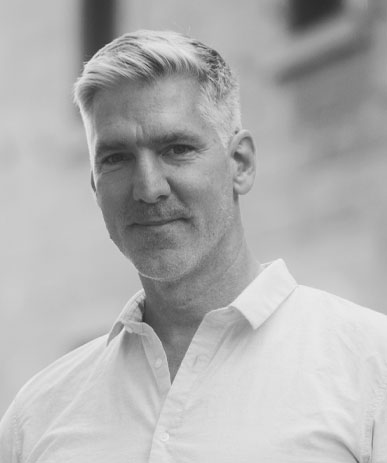
is a PhD candidate in Humanities at Concordia University. His research focuses on spatial agency, social aesthetics, youth narratives, and graphic representations of urban memory. He has published on the relationship between children, play, and public space in Cartagena, Colombia. He has also worked as an editor on literary projects, including Territorio Fértil, which received the María Nelly Murillo Hinestroza award for Afro-Colombian literature.
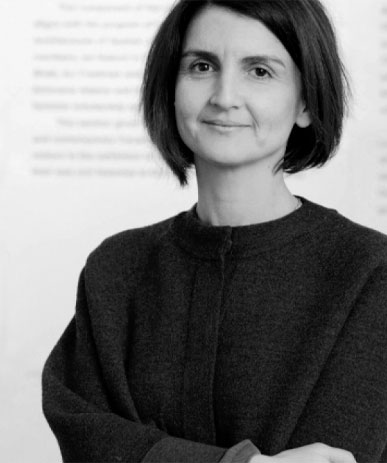
is Associate Professor and Canada Research Chair in Architectures of Spatial Justice (Tier 2) at the Peter Guo-hua Fu School of Architecture at McGill University, Montréal, Québec, Canada. Her research interests include low-income housing and participatory design, civil protest and urban design, and campus landscapes and race. Her publications include the co-edited book, Orienting Istanbul (2010) and solo-authored book, Istanbul Open City (2018).
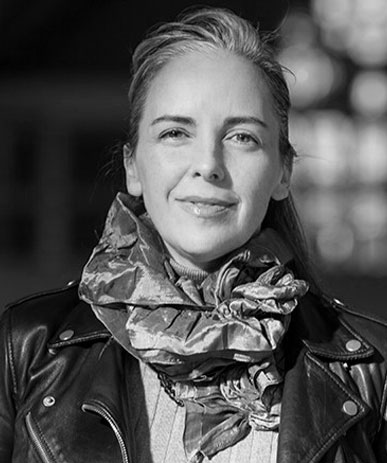
is an artist and a professor of Art History at Concordia University. Her work focuses on women and the history of the built environment, urban landscapes, research-creation, and oral history. She has published on the spatial history of the suffrage movement, public art, gardens, and the politics of urban change. In addition to her research on the spaces of restorative and transitional justice, she is leading an oral history project on the urban memories of diverse Montrealers.
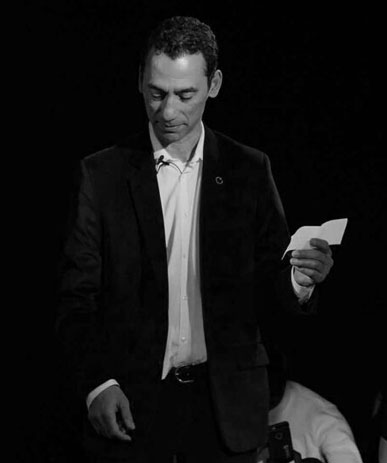
is Associate Professor in the Department of Theatre at Concordia University, Montreal (Quebec, Canada). He is also the second co-director of Concordia’s Centre for Oral History and Digital Storytelling. His latest publications explore listening in the context of post-conflict performances of memory. For instance, see ‘Facilitating voicing and listening in the context of post-conflict performances of memory. The Colombian scenario.’ In: De Nardi, S., Orange, H., et al. Routledge Handbook of Memoryscapes. Routledge: London. (2019), and his article ‘Not being able to speak is torture: performing listening to painful narratives’. International Journal of Transitional Justice, Special Issue Creative Approaches to Transitional Justice: Contributions of Arts and Culture. (March, 2020)